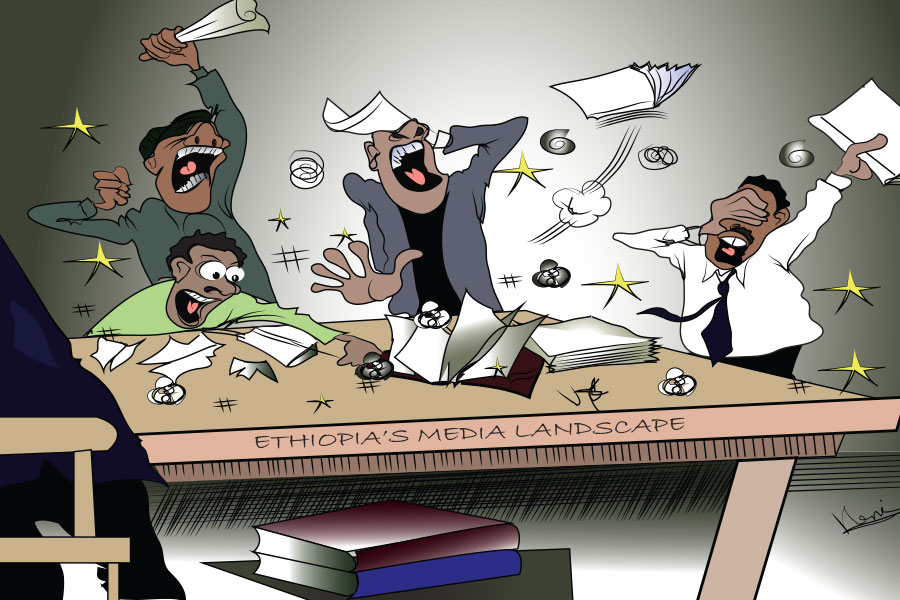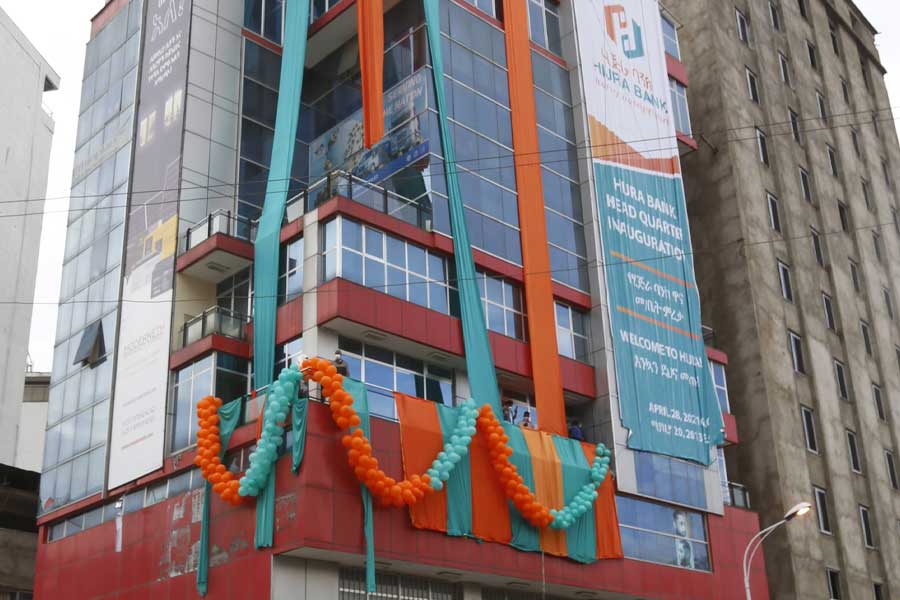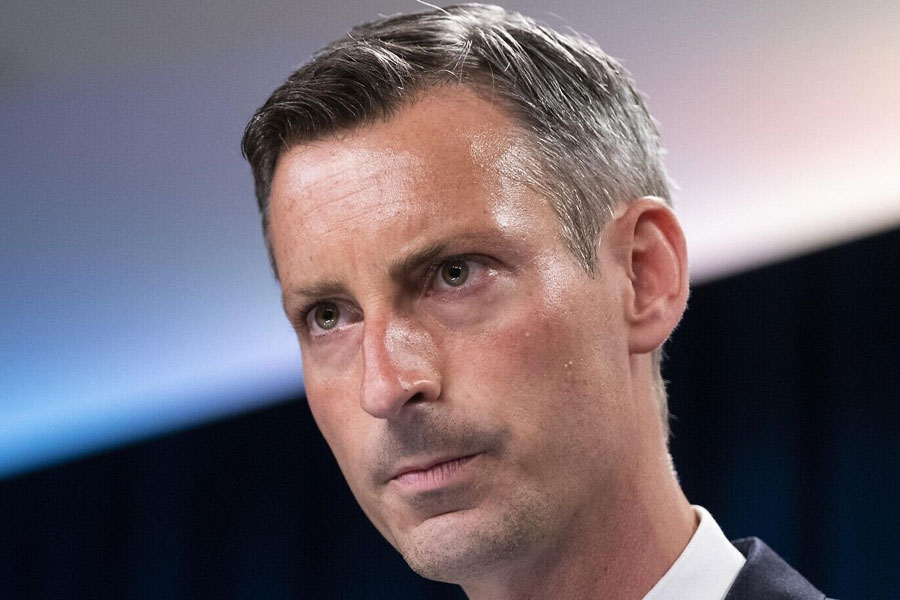
Commentaries | Nov 29,2020
Prime Minister Abiy Ahmed's (PhD) administration took an action rarely undertaken by any other regime in the country’s history. It suddenly removed the restraints - some legal and others only implied - on political organisation and free speech.
Every individual and group with a political agenda took this opportunity to expound on historical memory, their own understanding of present socio-political circumstances, and the best possible future outcome for the Ethiopian state.
But the opening up of the political space did not mean that everyone would be willing to play by the rules. Moderation has taken a back seat, and the political space has been dominated not necessarily by the most rational and most consistent in their line of arguments but by the loudest political players. A political space where almost everyone is free to engage is not automatically beneficial to the development of democracy. It encouraged and fostered polarization. The wisdom in “toleration makes differences possible; and, differences make toleration necessary” heeded not much among Ethiopia’s elite.
PUBLISHED ON
Jan 05,2020 [ VOL
20 , NO
1028]

Commentaries | Nov 29,2020

My Opinion | Dec 15,2024

Editorial | Mar 16,2019

Fortune News | Apr 30,2021

Verbatim | Oct 01,2022

Commentaries | Aug 08,2020

Editorial | Jul 13,2024

Viewpoints | Feb 22,2020

Fortune News | May 18,2019

Verbatim | Jun 28,2025

Dec 22 , 2024 . By TIZITA SHEWAFERAW
Charged with transforming colossal state-owned enterprises into modern and competitiv...

Aug 18 , 2024 . By AKSAH ITALO
Although predictable Yonas Zerihun's job in the ride-hailing service is not immune to...

Jul 28 , 2024 . By TIZITA SHEWAFERAW
Unhabitual, perhaps too many, Samuel Gebreyohannes, 38, used to occasionally enjoy a couple of beers at breakfast. However, he recently swit...

Jul 13 , 2024 . By AKSAH ITALO
Investors who rely on tractors, trucks, and field vehicles for commuting, transporting commodities, and f...

Oct 25 , 2025
The regulatory machinery is on overdrive. In only two years, no fewer than 35 new pro...

Oct 18 , 2025
The political establishment, notably the ruling party and its top brass, has become p...

Oct 11 , 2025
Ladislas Farago, a roving Associated Press (AP) correspondent, arrived in Ethiopia in...

Oct 4 , 2025
Eyob Tekalegn (PhD) had been in the Governor's chair for only weeks when, on Septembe...